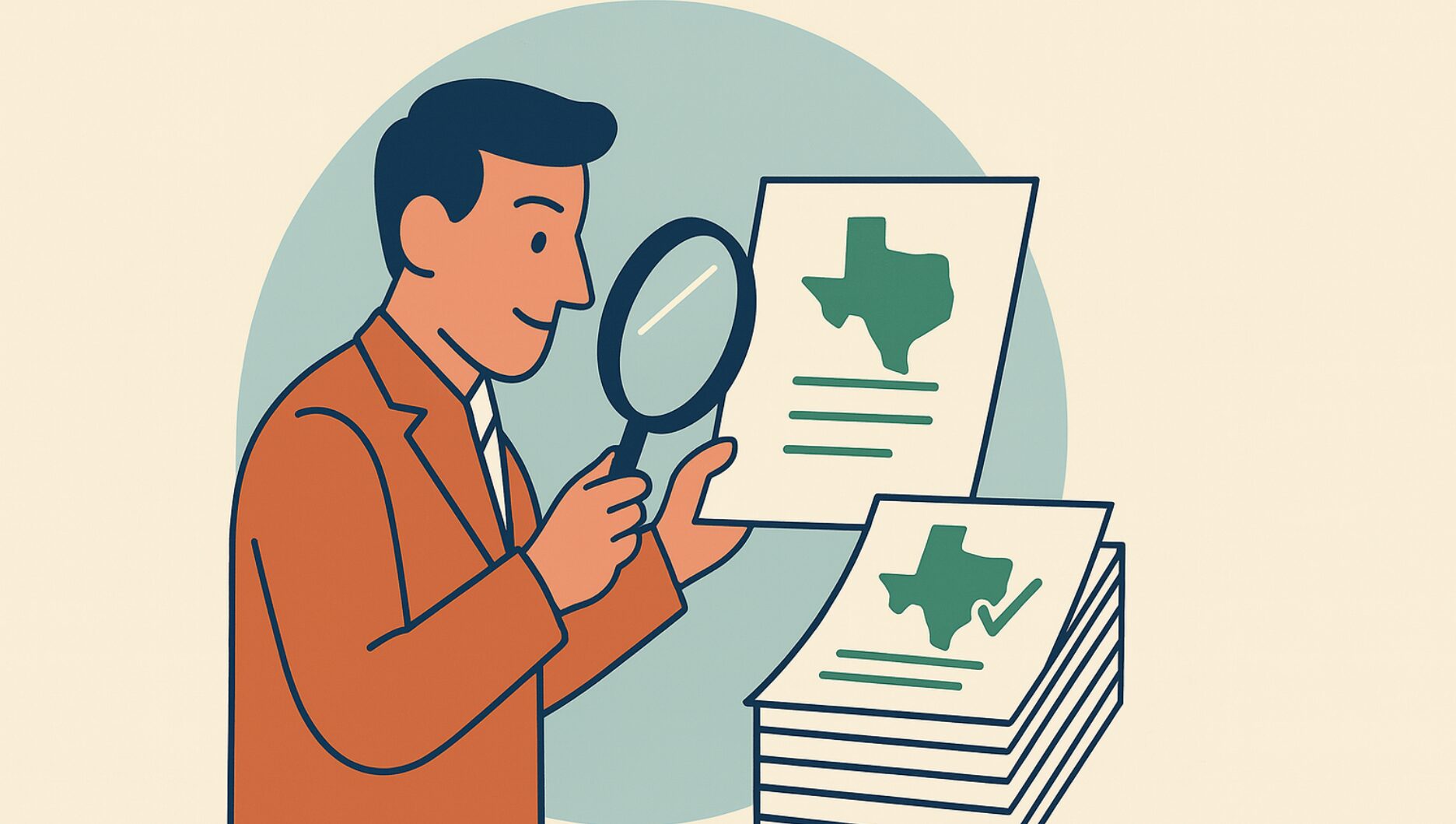In the early hours of Friday morning, the Texas House of Representatives passed SB 1, the proposed state budget for the 2026–27 biennium, after over 14 hours of debate that stretched from noon on April 10 into 3 a.m. on April 11. Despite being branded “conservative” and fiscally responsible by its sponsor, Appropriations Chair Rep. Greg Bonnen (R-Friendswood), the budget is anything but. Clocking in at a staggering $337 billion, SB 1 is the largest—and most bloated—budget in Texas history.
The final vote was 118–26, with 19 Republicans and 7 Democrats voting against the measure. The 19 Republican members’ opposition reflects a growing unease about the state’s unsustainable spending trajectory and the Legislature’s failure to deliver meaningful property tax relief, even in the face of a historic $24 billion surplus.
While Bonnen and House leadership painted the bill as prudent stewardship of taxpayer dollars, the reality tells an entirely different story. State funds spending is up 8.2% over the previous biennium and has ballooned by nearly 43% since 2022–23—a growth rate that far outpaces population growth plus inflation, a standard benchmark for responsible government budgeting.
This isn’t fiscally conservative, nor sustainable.
Throughout the debate, conservative lawmakers attempted to offer amendments aimed at cutting waste and redirecting funds toward property tax relief. But despite 393 amendments being pre-filed, the overwhelming majority were brushed aside right at the beginning of the process. In a procedural move, roughly 300 amendments were adopted en masse and relegated to Article XI, the so-called “wish list” portion of the budget where amendments go to die. It was a quiet way for leadership to suppress debate without outright rejecting conservative priorities.
Meanwhile, the first successful amendment came from Democrat Rep. Mary González (D-San Elizario), who moved funds around to zero out funding for the Texas Lottery Commission, the Commission on the Arts, and the Governor’s Trusteed Programs. But this was likely a calculated procedural maneuver, not a policy statement—it blocked other lawmakers from offering more substantive amendments targeting those programs and redirecting funds to tax relief.
The funding will almost certainly be restored in the backroom conference committee negotiations that follow, a process that lacks transparency and accountability.
Among the few efforts that had real impact was a point of order (POO) called by Rep. Briscoe Cain (R-Deer Park), who successfully raised the POO to strike a rider that would have given $2.5 million to DEI initiatives at the University of Houston. This rare victory for taxpayers highlighted just how few genuine spending cuts made it into the final House version of the bill.
Supporters of SB 1 claim that it includes tax relief, pointing to a roughly $6 billion allocation for new property tax relief ($3 billion of which is already required to be provided under existing law). But with a $24 billion surplus, that’s just one-fourth of the over-collected money being returned to taxpayers. It’s an insult to Texans who continue to see their property tax bills skyrocket.
During the course of debate, some politicians claimed to be providing extensive relief through the budget. But the key to remember is that if the money provided for “relief” doesn’t actually lower property tax collections, then it isn’t relief at all—it’s just political theater.
Worse still, the budget expands corporate welfare and government programs with little to no oversight. From $500 million in film subsidies to billions more in handouts for energy, water projects, and more, the budget pours money into politically favored industries while doing nothing to reform or restrain spending.
The supplemental appropriations bill, HB 500, only compounds the problem. It adds another $13.7 billion in general revenue spending, with most of that going to ongoing expenditures masked as one-time projects. It’s permanent bloat disguised as temporary necessity.
Let’s be clear: a 43% increase in state spending in just four years is not conservative budgeting. It’s a slap in the face to taxpayers. Overcharging Texans by $24 billion, then returning only a fraction of that in the form of tax relief, is not responsible governance. It’s fiscal negligence.
The Legislature had a real opportunity to rein in spending, deliver substantial and lasting property tax cuts, and return Texas to its fiscally conservative roots. Instead, the House chose to grow government, expand programs, and kick reform down the road once again.
Taxpayers should be encouraged to engage with their legislators throughout the remainder of this process, as well as reach out to thank the 19 Republican members, listed below, who voted against the budget for its fiscally irresponsible failures.
Briscoe Cain; Brian Harrison; Richard Hayes; Janis Holt; Andy Hopper; Helen Kerwin; Mitch Little; David Lowe; J.M. Lozano; Shelley Luther; Brent Money; Matt Morgan; Mike Olcott; Keresa Richardson; Nate Schatzline; Alan Schoolcraft; Tony Tinderholt; Steve Toth; Wes Virdel.
There is still a chance to fix this mess in the conference committee, and when the conference committee report returns to the floor of both chambers. Lawmakers should step up to the plate and use the last few opportunities to strip out corporate welfare, restore transparency, and redirect the surplus toward truly eliminating school district M&O property taxes. Texans deserve better than what the House delivered in SB 1.
Texans for Fiscal Responsibility relies on the support of private donors across the Lone Star State in order to promote fiscal responsibility and pro-taxpayer government in Texas. Please consider supporting our efforts! Thank you!
Get The Fiscal Note, our free weekly roll-up on all the current events that could impact your wallet. Subscribe today!




